After years of legal warfare, Google and Epic Games are finally laying down their weapons. The tech giant and the "Fortnite" powerhouse have reached a comprehensive settlement that is set to reshape how Android handles app distribution, and the ripple effects will reach well beyond these two companies.
Why is this bigger than a truce? Scope. Both companies submitted a joint proposal to US District Judge James Donato that would overhaul Android's entire app ecosystem. The whole thing traces back to Epic's 2020 antitrust lawsuit, where they accused Google of illegally monopolizing how users access apps and make in-app purchases on Android devices. After the jury verdict on 2023-12-11 in Epic's favor this settlement turns a defensive posture into a proactive global restructuring of Android's ecosystem.
What’s actually changing for developers and users?
Here is where it gets real for anyone who builds apps or uses an Android phone. Google is agreeing to slash its standard service fees to either 9% or 20%, depending on the type of transaction. For perspective, that is a dramatic cut from the traditional fee structure that has irked developers for years.
Those cuts matter even more alongside Google’s payment flexibility commitments. Google is also committing to allow developers to direct users to alternative payment methods both within apps and via external web links. In plain terms, developers can bypass Google’s payment system if they choose. And users get more ways to pay, not just one checkout door.
The company is also making it easier for users to download and install third-party app stores that meet new security and safety standards. That goes straight at Epic’s core complaint that Google inflated switching costs, trimming the friction and scary warning screens that made installing competing stores feel risky.
One more big swing, these changes extend globally through June 2032. Six and a half years, worldwide.
The global impact nobody saw coming
Now here is the kicker, it turns what started as a US-only dispute into a worldwide restructuring of how Android works. Originally, Judge Donato's injunction was limited to the United States and set to expire in three years. The global expansion suggests Google prefers standardized worldwide compliance over juggling fragmented regional policies, a move that reduces operational complexity while blunting regional advantages for rivals.
Google is introducing what they are calling "Registered App Stores", basically alternative app stores that can register with Google and become first-class citizens that users can easily install. No hoops, no doom-laden pop-ups every tap.
The settlement also keeps several key provisions that already favored Epic, including prohibiting Google from sharing money or perks with phonemakers and carriers in exchange for Play Store exclusivity. That practice sat at the heart of the original case.
And it nods to how app economies actually work. A developer in Brazil wants users in Germany and California too, not a patchwork of rules. This deal meets that reality instead of pretending borders apply to push notifications.
Why this matters beyond the courtroom drama
Epic CEO Tim Sweeney is not hiding his reaction. He called Google’s proposal "awesome" and said it genuinely doubles down on Android's original vision as an open platform. His enthusiasm signals more than a win lap for Epic, it reflects how Google’s weakening legal position forced broad concessions.
The timing is not subtle either. Google was staring down the possibility of even tighter restrictions if appeals kept failing. The US Supreme Court had already declined Google's request to temporarily freeze parts of the injunction, and they'd been unsuccessful in previous appeals.
For developers, this sets up a real three-way contest between Google Play, registered alternatives, and direct distribution, competition that can push innovation in store features and pricing, not just fees. For users, it points to more choice and, potentially, lower prices as pressure builds. For the broader industry, it shows how platform fights can end through negotiated competition instead of decade-long legal trench warfare.
The fact that both companies are calling this a win suggests they landed on something that addresses the core issues without wrecking Google’s business model or Epic’s ability to compete.
What happens next in this Android revolution?
The settlement awaited initial court review on 2025-11-06; Judge James Donato has since paused approval and asked for additional transparency and review. It is a joint proposal that tracks with the court's earlier concerns and extends benefits globally, so approval feels within reach.
If approved, changes could roll out quickly. Google has committed to implementing the new fee structure and alternative payment options, while the registered app store program will launch with the next major Android release. Millions of Android users could see a more competitive app ecosystem within the next year or so.
The settlement also resolves Epic's separate action against Samsung Electronics, trimming conflicts between device requirements and platform policies. With Google still facing other lawsuits challenging its search and advertising business practices, it lets the company focus legal resources on those remaining battles.
Bottom line, this settlement sketches a template for resolving platform monopoly disputes through negotiated competition, not regulatory fragmentation. Whether you are a developer tired of high fees or a user craving more store choices, the changes here aim for the kind of shift usually squeezed out by years of pressure. And the fact that both Google and Epic sound genuinely excited suggests they did more than split the difference, they found a plan both sides can live with.






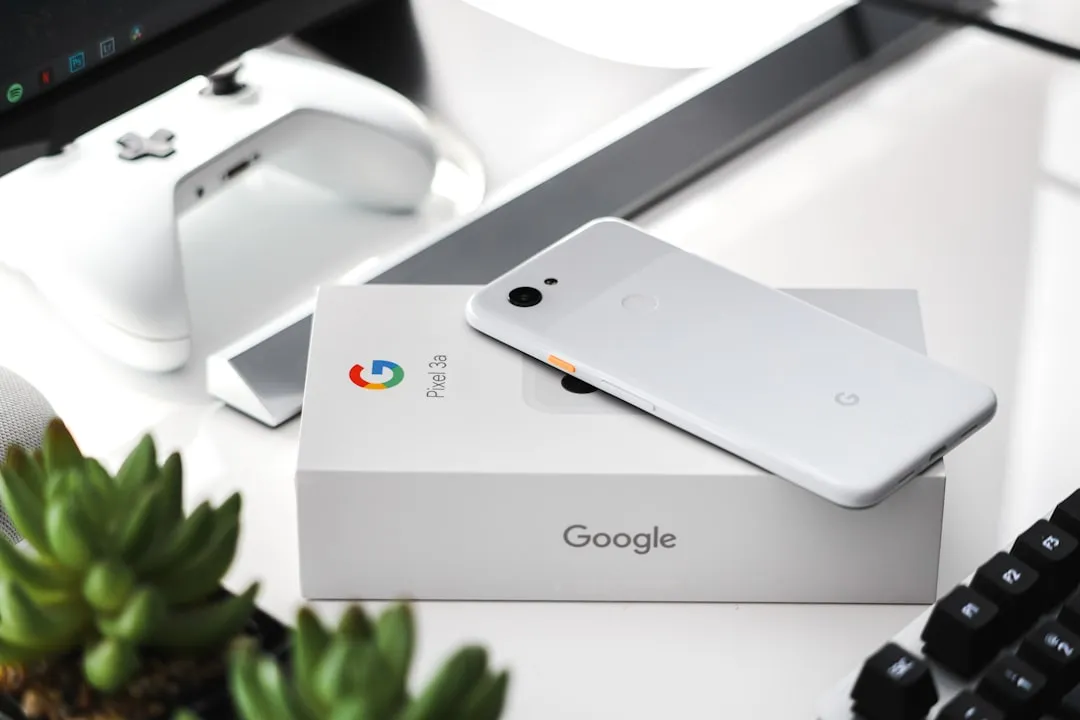

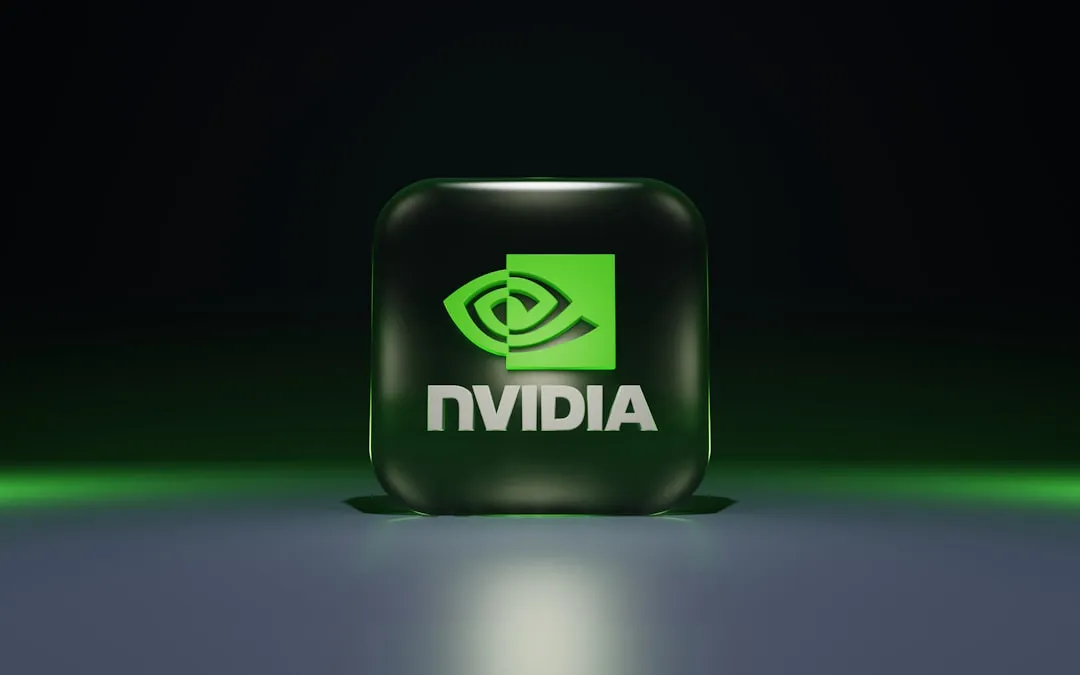


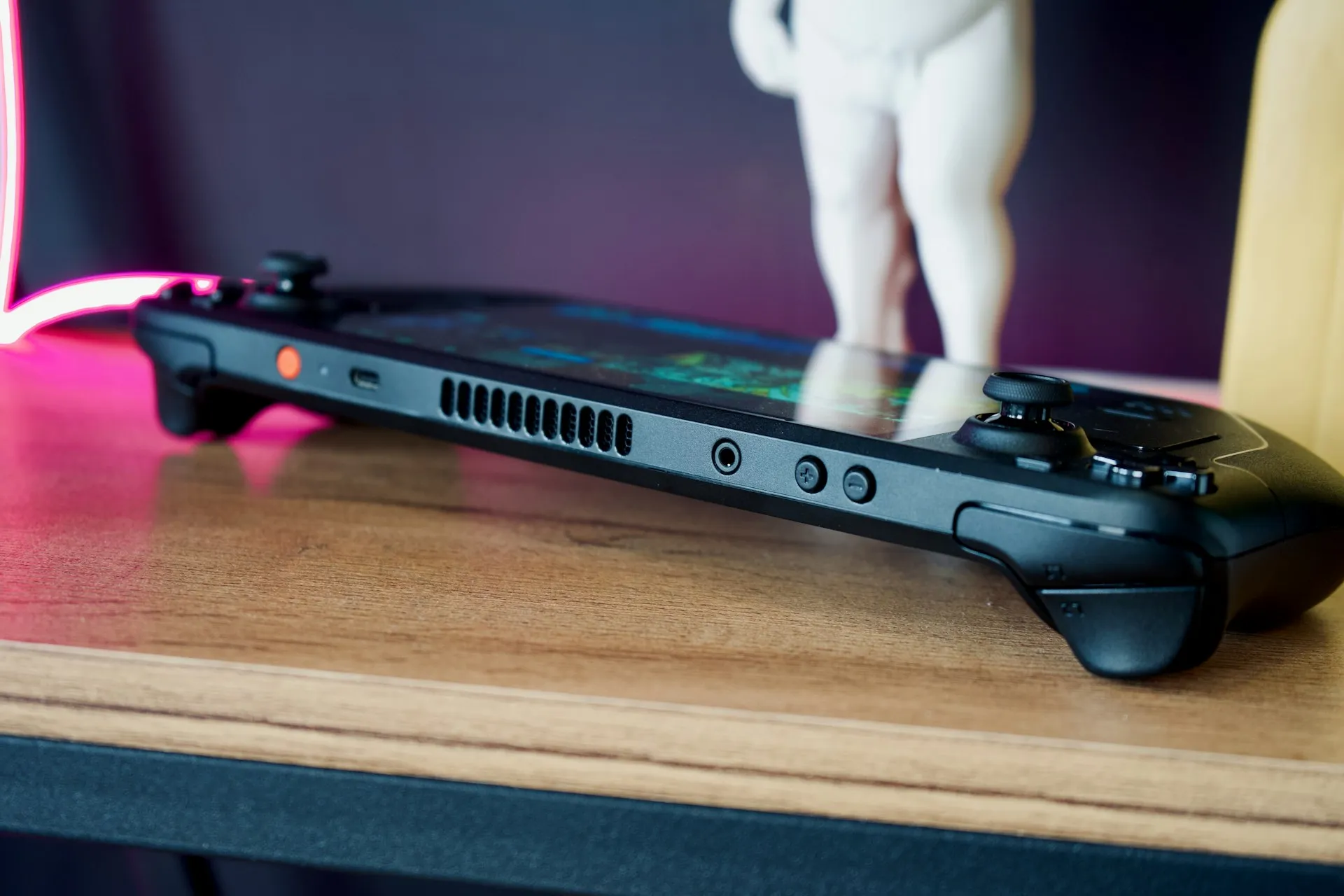
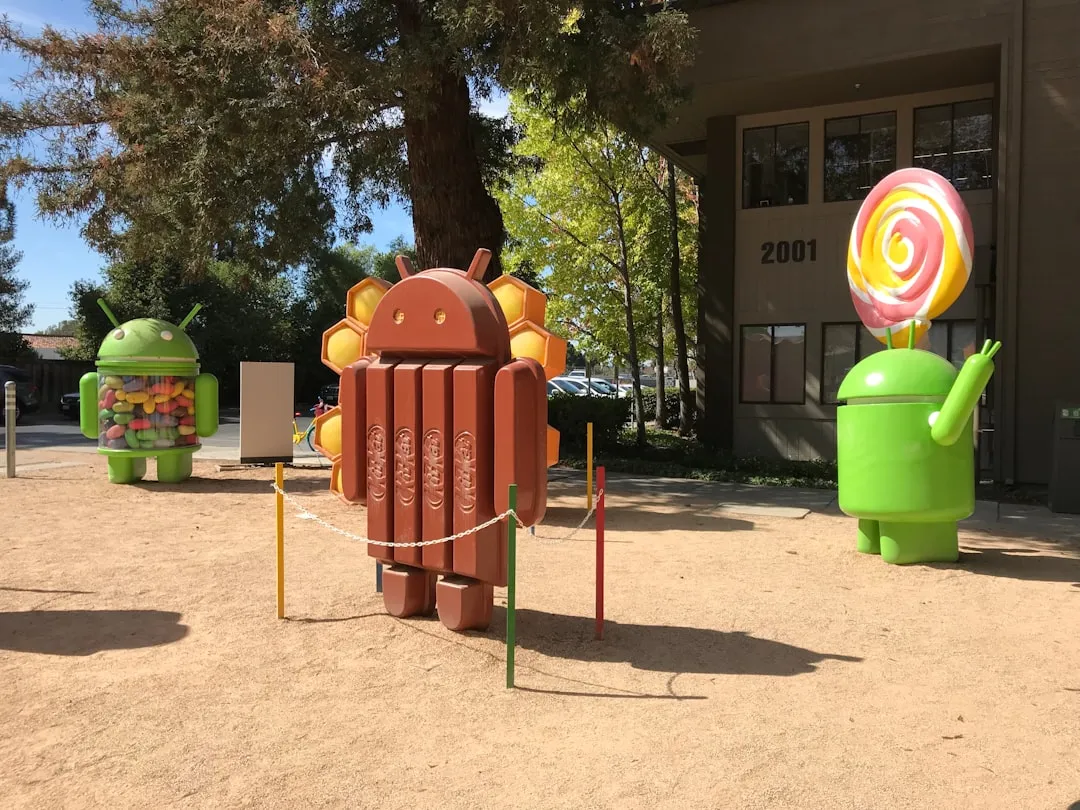
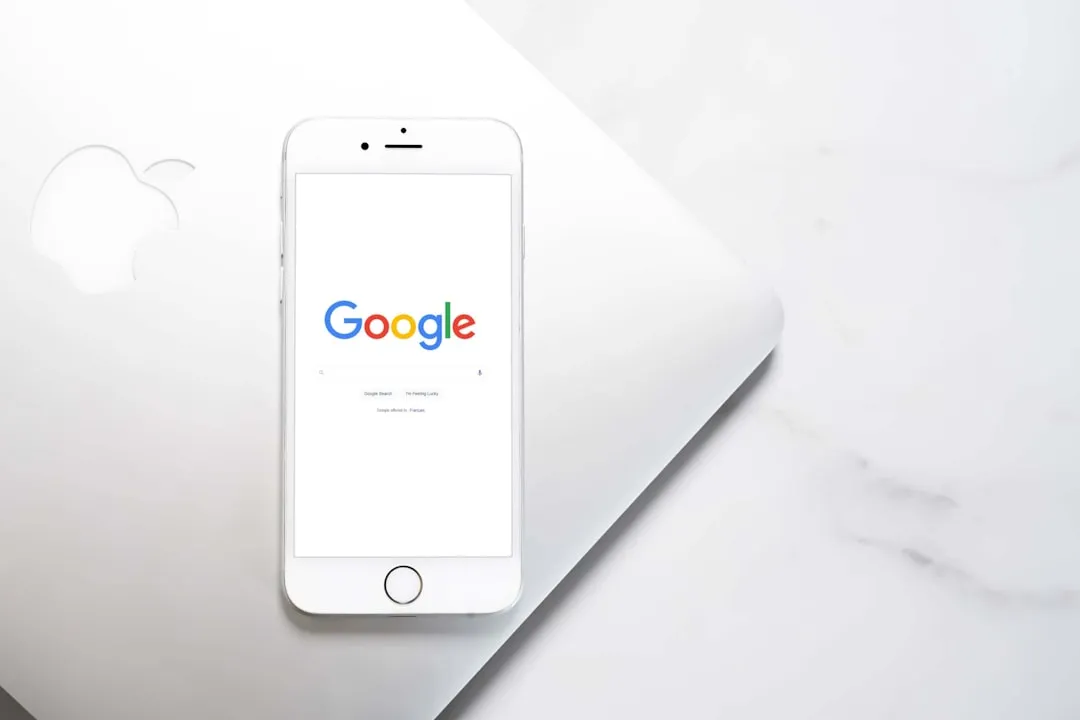


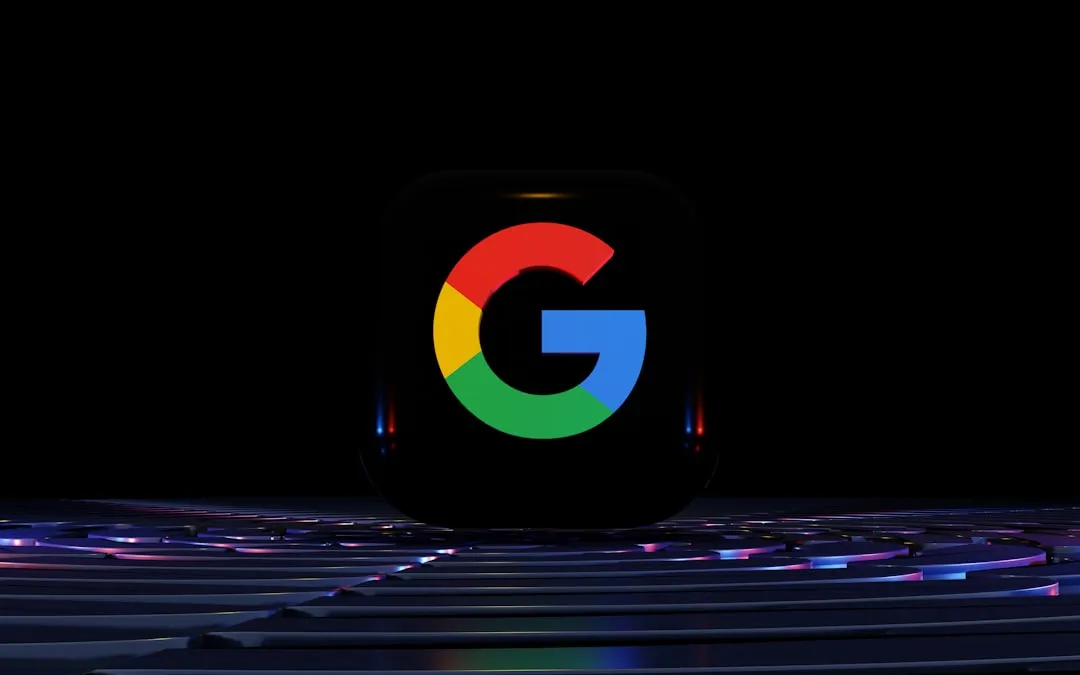


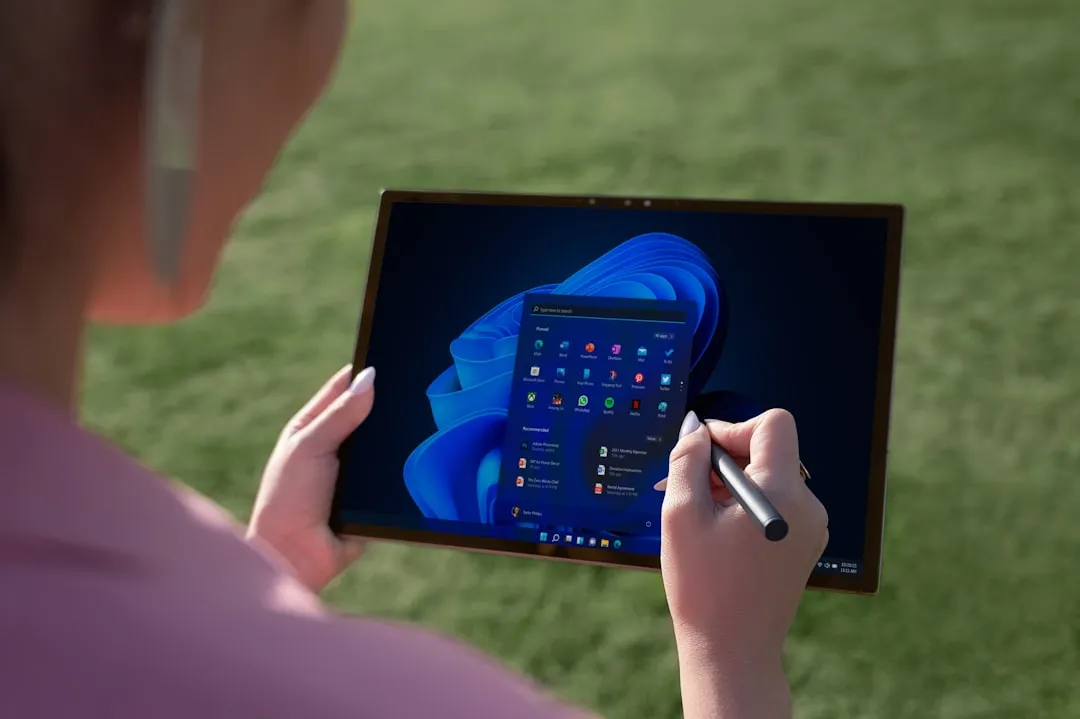
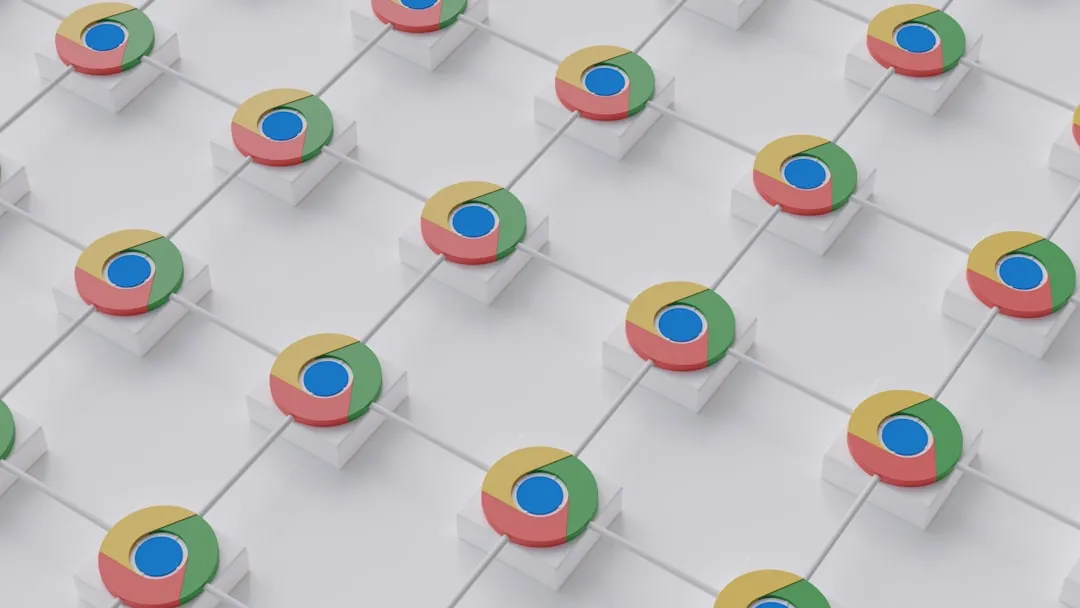
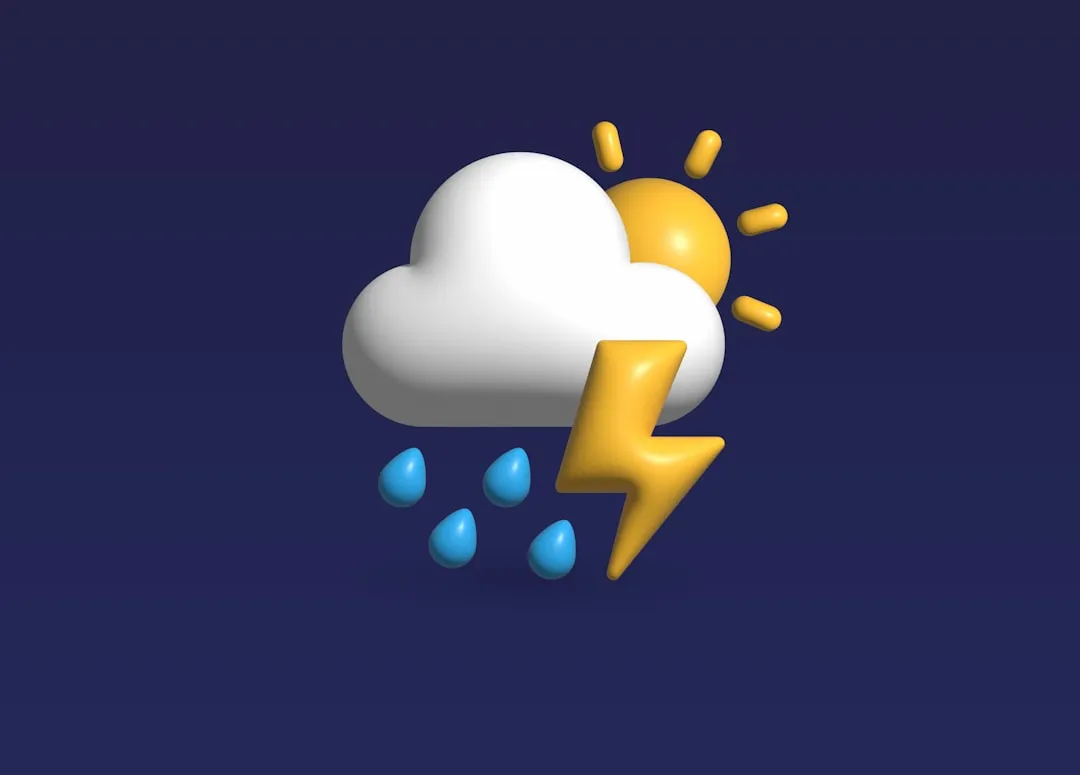
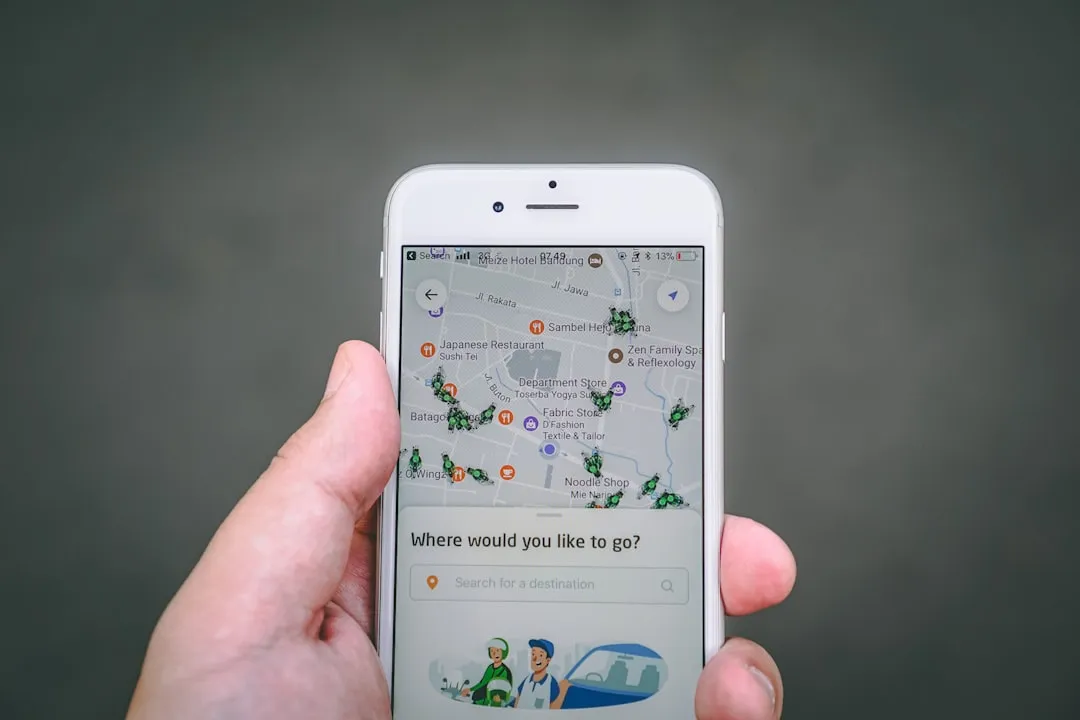
Comments
Be the first, drop a comment!